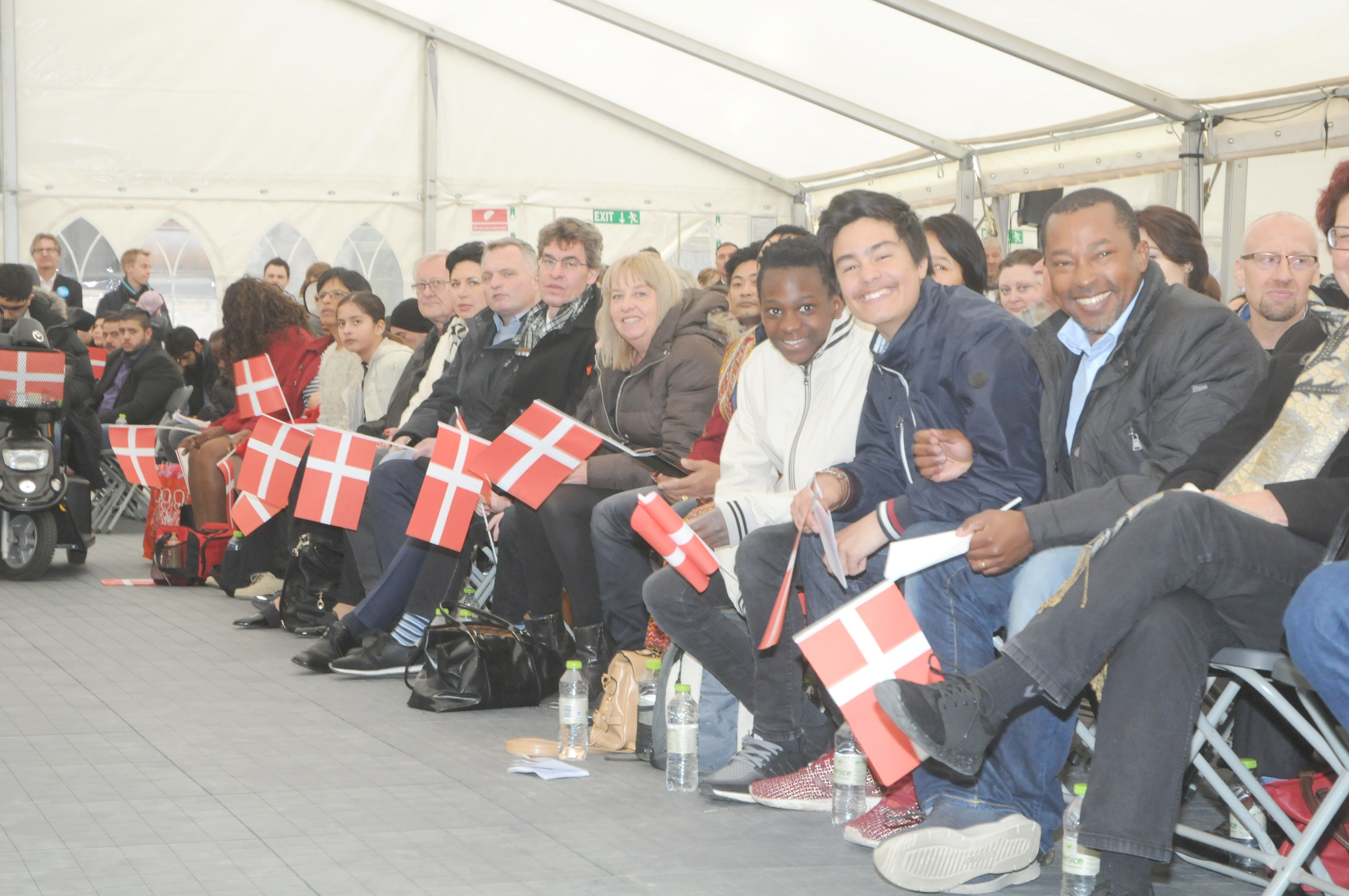Right-wing parties have for over two decades been campaigning to make it harder to acquire Danish citizenship. But now a new study suggests the tightening of the criteria might have a negative effect on integration.
Extensive research carried out by the BUILD Institute at Aalborg University shows that immigrants from non-Western countries who acquired Danish citizenship in the 1990s tend to be much higher achievers than those who didn’t.
The study assessed the progress of 65,000 immigrants (and their descendants) from countries in Asia, Africa, the Middle East and eastern Europe who were living in Denmark in 1995.
For the purpose of the study, they were split into two groups: those who became citizens between 1995 and 1999, and those who were still non-citizens in 2020.
Higher levels of education, employment, income and living
At the conclusion of the study in 2020, it was found that 58 percent of the immigrants who acquired Danish citizenship in the late 1990s had a job, compared to 40 percent of those who did not.
Immigrants with a Danish passport were more likely to take further education: 50 percent compared to 29 percent of those without citizenship.
Furthermore, those with a passport were more likely to own their homes and have a higher income, while those without were more likely to live in areas with a high population of ethnic minorities.
The highest achievers tend to be immigrants from Muslim countries in the Middle East and North Africa, while women are more likely to achieve than men.
Informing opinion in Parliament
In the late 1990s it was much easier to become a Danish citizen, and the study has been able to assess, therefore, how much effect becoming a citizen has had on the immigrant’s life.
It is helping to inform opinion in Parliament. MPs are asking whether becoming a citizen makes you feel more open to integration, or were you already that way inclined before you applied?
However, it could be argued that it was mostly resourceful and integrated people who obtained Danish citizenship in the 1990s.
Certainly, on average, they had higher levels of education, employment and income when they applied.
Study leader: It makes a difference
“I have looked at whether it makes a difference that people have been granted citizenship. And it does,” contends the study leader, Professor Hans Skifter Andersen.
“Those who received citizenship had more often come to work and have a higher income.”
Andersen cautioned that the study was careful not to inflate the figures by including immigrants who already had a job before the commencement of the study in 1995.
MPs: But what about immigrants’ greater tendency towards crime and hate
“The study is immediately positive, because it shows that those who get citizenship are better integrated than those who do not have citizenship,” said Lars Aslan Rasmussen, the relevant spokesperson for the government party Socialdemokratiet. Most of its left-wing allies concurred.
However, Ramussen does not think it should become much easier to become a Danish citizen: “Regardless of what the research shows about what people earn and whether they take an education, we can still see that there is a big discrepancy regarding their attitudes to gender and homosexuality. This is a problem in a society like Denmark.”
Marcus Knuth, his counterpart at Konservative, recognised the potential of making it easier, in terms of promoting integration, but was worried about the impact on crime.
“We can see that we have some nationalities, such as Somalis, Iraqis and Afghans, who commit crimes after they have been granted citizenship. The positive effect for me is completely overshadowed by this –especially the violent crime statistics,” he said.














